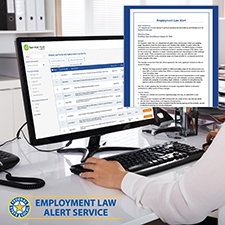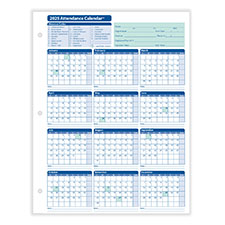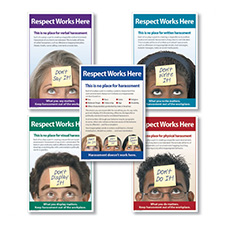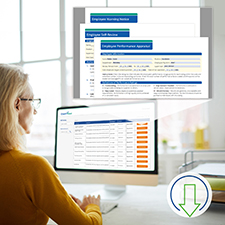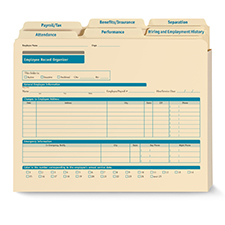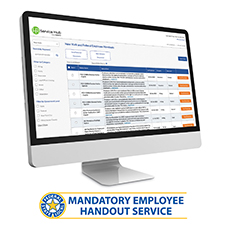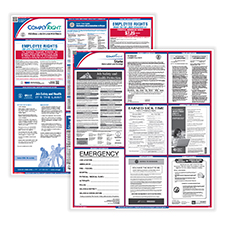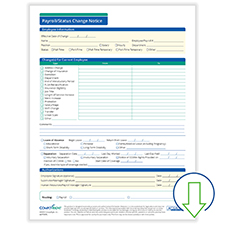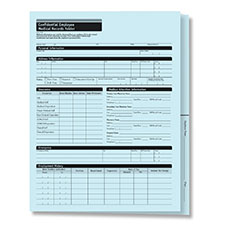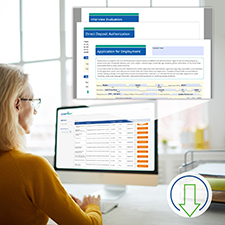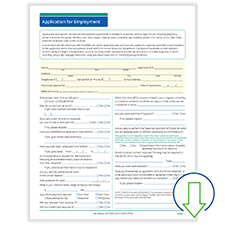
An employee policy manual or handbook is a vital resource for any responsible, law-abiding business. But beyond the legal protection it provides by outlining company rules and expectations, it can provide another valuable benefit: increased productivity.
That’s right! Certain workplace policies can positively affect employee productivity by establishing guidelines for attendance, time off, breaks, social media use and remote work arrangements. Without the parameters in these policies, your employees may take advantage of company time and materials, which can hurt efficiency and output.
With an eye toward enhancing productivity in your daily operations, consider including these five policies in your employee handbook:
- Attendance policy — This policy should cover work hours, start and finish times, and the notification and reporting procedures if an employee is going to be late or absent due to illness or other circumstances. Your attendance policy may include statements such as:
- Supervisors will set schedules based on the needs of the business
- Being late for work, or returning late from breaks or lunch, is considered tardiness
- Not reporting to work, or not notifying the supervisor of the reason for absence for three consecutive days, is grounds for termination
- Time-off policy — This policy should detail how much paid time off (PTO) an employee receives, how it accrues and a timeframe for submitting requests. Your time-office policy may include statements such as:
- Requests may be prioritized according to seniority or on a “first come, first served” basis during busy seasons and holidays
- PTO taken above the accrued time can result in progressive discipline up to and including termination
- Paid time off may include vacation pay, sick leave, personal time, holidays, bereavement, parenting leave, jury duty and voting time (depending on how you structure your business)
An employee policy manual or handbook is a valuable tool
for outlining company rules and expectations.
- Break policy — Although federal law doesn’t require you to provide meal, lunch or break periods, employers do so as a matter of good will. This policy should cover your guidelines surrounding breaks, and whether they’re paid. Your break policy may include statements such as:
- Break times and lengths may vary, depending on the time of year or department
- The business requires hourly employees to clock in and out for paid breaks of 20 minutes or less
- Employees may not leave company property during breaks without a supervisor’s permission
- Social media policy — This policy can cover various aspects of social media usage, but for the purposes of productivity, you’ll want to identify acceptable usage of personal accounts — such as Facebook, Twitter and Instagram — during working hours. Your social media policy may include statements such as:
- Personal use of social media must not interfere with work responsibilities
- Personal use of social media is only permitted on breaks
- Personal use of social media strictly prohibited on all company devices
- Remote work policy — This policy has emerged as more and more employees are allowing remote work, especially during the COVID-19 pandemic. It should cover when and how employees can work from locations other than your office, whether temporarily or long-term. Your remote work policy may include statements such as:
- The business will determine if remote work is permitted and which jobs can be performed remotely
- Hourly employees should never work “off the clock,” including checking emails or responding to work-related calls or texts
- Employees must be available for virtual meetings or direct collaboration with colleagues, as determined by their managers
Easily Establish and Maintain Essential Workplace Policies
In your quest to maximize time and productivity, the last thing you want to do is take on the unwieldy project of developing a policy manual. Now you can pull everything together in a few easy steps with the web-based Company Policies Smart App. It provides recommended policies based on the latest federal and state laws, so there’s never a question as to what to include.
Related Content:
Tips to Keep Politics in the Workplace from Getting Out of Hand
Is Employee Conduct Outside the Workplace Open to Discipline?






 Shopping cart
Shopping cart